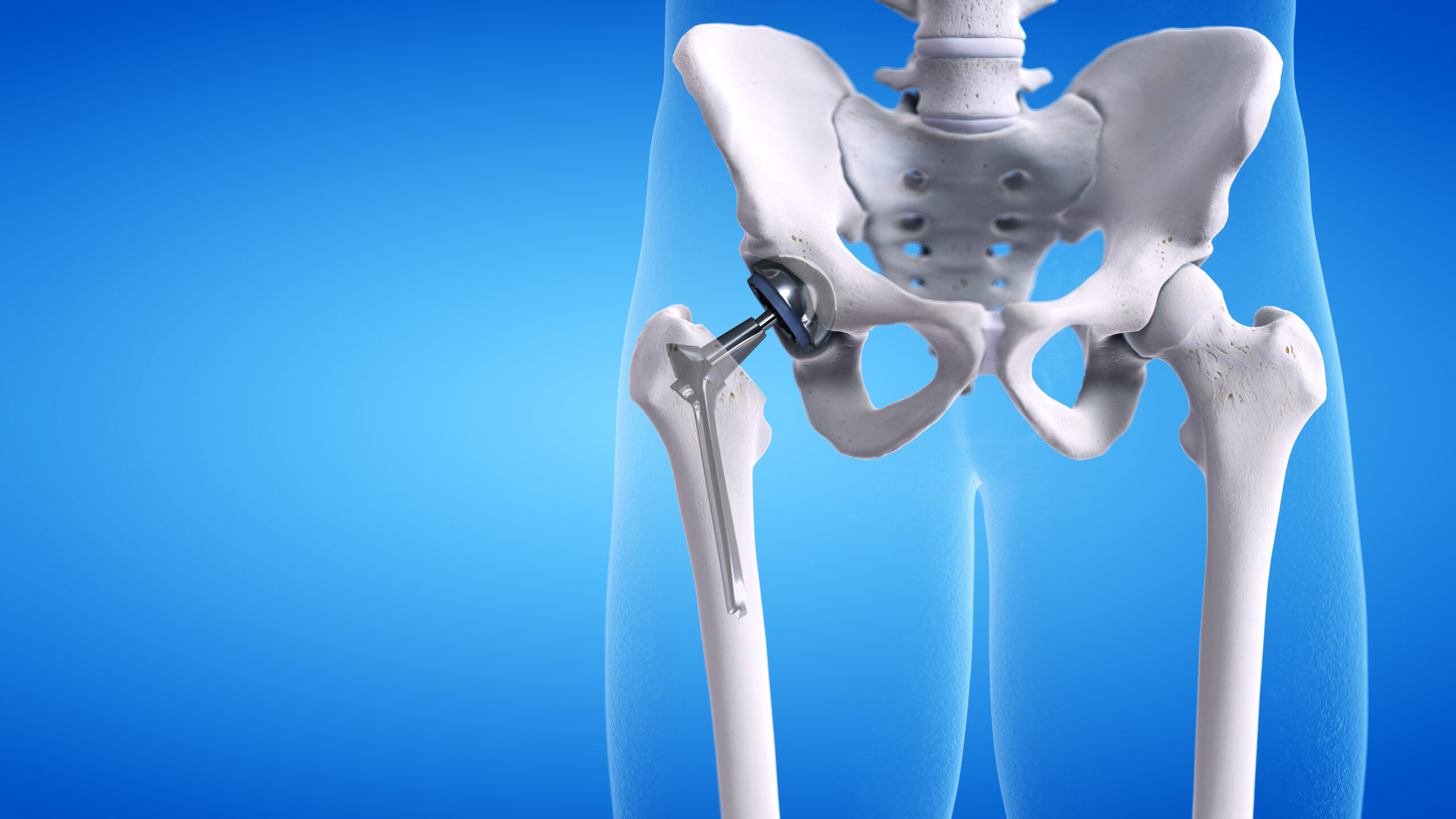Back pain is incredibly common, and for many people it starts gradually. A sore lower back after a long day, stiffness in the morning, or discomfort after lifting something heavy can feel routine. But when…
The hip is one of the largest joints in the body, and as with any other joint, the hip can deteriorate or become diseased or damaged over time. Disease and damage can cause pain, reduce the functionality of the hip, and limit your mobility. As a result, everyday activities like putting on your shoes and socks can be a chore.
You don’t have to suffer from deteriorating, damaged, or diseased hip symptoms. Instead, contact a hip orthopedic surgeon at Orthopedic & Laser Spine Surgery to discuss your symptoms and see if you could be a candidate for hip arthroplasty or replacement. We can help relieve your pain and get you back to normal activities quickly.
Why Would Someone Need a Hip Arthroplasty?
Osteoarthritis or rheumatoid arthritis are the most common reasons someone might need a hip arthroplasty. The cartridge that cushions the bones of the hip can deteriorate or become damaged over time. As a result, the bones can rub against one another without cushioning, causing pain and stiffness.
Everyday normal activities, such as walking or getting in and out of a chair, can be challenging with these symptoms. Even when resting, there may be pain or discomfort. If pain or movement cannot be helped by nonsurgical treatments, such as medications, physical therapy, activity modifications, or canes and walkers, you may be a candidate for hip arthroplasty.
What Happens During a Hip Arthroplasty?
Orthopedic surgeons can do hip replacements through tiny incisions on the side of the thigh, using a small camera and special instruments. The incisions will be as small as possible to reduce the injury to soft tissues and bones, allowing for a faster recovery time.
The surgeon removes any diseased or damaged bone and cartilage. Next, the surgeon replaces the ball and socket of the hip with new, artificial parts. The replacement components can be a combination of metal, ceramic, and plastic parts attached by special glue or cement, screws, or by allowing natural bone to grow and adhere to the artificial components.
Preparing for a Hip Arthroplasty
Medical tests and a complete physical exam by your primary care doctor will determine if your health will withstand the surgical procedure and recovery process. You may also need to stop taking certain medications before surgery to avoid complications.
Urinary and skin infections or irritations should be treated before the surgery. In addition, major dental procedures and even routine dental cleaning should be done before surgery rather than after to avoid infections and complications during recovery.
Prepare your home to help with daily activities such as showering, climbing stairs, dressing, and using the toilet. You should also remove any tripping hazards. Even modifying your chairs, sofas, and car seats for sitting is recommended. Here are things you can do in your home that will make the recovery process easier:
- Incorporate a raised toilet seat
- Install safety bars or handrails in the shower, a stable shower chair, and a long-handled sponge and shower hose
- Make sure there is a stable chair with two arms, a firm back and seat cushion, and firm pillows for your chairs, sofas, and car seats to sit with your hips higher than your knees.
- Make dressing sticks, sock aids, long-handled shoe horns, and reachers available to avoid excessive bending.
If you live alone, arrange for someone to help with daily personal care activities for the first several weeks.
Consult With Florida’s Spine Specialists at Orthopedic & Laser Spine Surgery Today
If everyday activities are becoming more and more difficult because of limited hip function and pain, consider making an appointment with our Orthopedic & Laser Spine Surgery orthopedic surgeons. We can ascertain whether you are a hip arthroplasty candidate through your medical history, physical examinations, X-rays, or an MRI scan.
Our orthopedic surgeons specialize in minimally-invasive hip replacement procedures that can get you moving again. In addition, we can repair your hip joint without deep invasive dissections or dislocations of the hip. If you’re experiencing limited hip mobility and pain, call us at (855) 853-6542 or complete our contact form to consult an orthopedic surgeon.

